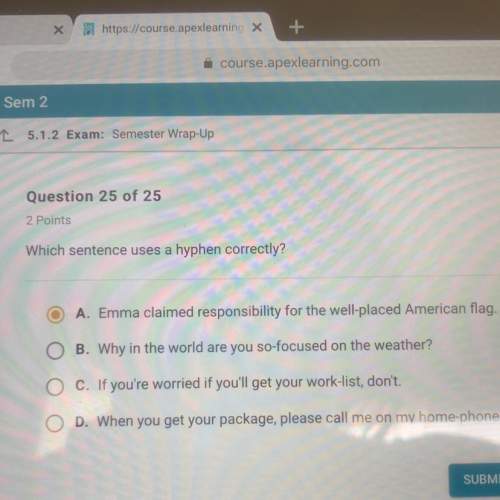
Q 7. “The Seven Habits in Real Life”: I supervise a staff of about twenty-six housekeepers for the local hospital. We hire a lot of college kids because we can offer a flexible schedule that fits their college timetable. A couple of full-time employees came to me complaining about a college student on their team. They said that he was always late, that the quality of his work had dropped off and that he’d take hour-long lunch breaks instead of the allotted thirty minutes. By the time they finished their report, they were pretty worked up. I knew this student quite well. He was a good worker, but he had transferred recently to the state university sixty kilometres out of town. His commuting took a heavy toll on him. As I thought about his situation, I remembered the principles of being loyal to the absent, to avoid blaming and instead, to focus on the solution. I decided to do that. In the past, I would have been pretty direct and autocratic. However, I wanted the two complaining employees to feel part of the problem-solving process. So, we started talking about their relationship with him while remaining loyal. I asked them when the problems started. Then I told them about his transfer to the state university. With this information, they could sense why things were changing. I could tell that just identifying the root cause of the problem empowered them. Now they felt part of the solution. I told them what they could expect. I would meet with the student, work out a solution and if things didn’t improve, we would get back together. Before understanding these habits of effectiveness, I would have called this young college student into my office and come out blasting, “These are the facts, if you don’t straighten up and start getting to work on time and doing a decent job, I am going to cut your hours.” Instead, when I called him into my office, I knew it was important to guard his self-esteem. “Umair,” I said, “we need to talk about what is going on with you.” Then he explained his situation. In response, I asked him, “How can we help you be successful? University is very important to you, and we also have a set standard of performance at the hospital. How can we work this out?” He suggested, “How about I cut my hours to two days a week? On those two days, I can do my very best work. I can also devote all my energy on the other three days to university.” This solution was quite simple. His co-workers are happy to work with him. He felt part of the solution and was able to maintain his self-esteem. My job became easier all the way around because I followed the lessons of “The Seven Habits”. Answer the following questions: (8) A. What habits out of “The Seven Habits” are at display here? B. “Being loyal to the absent” is part of which paradigm of “The Seven Habits”? How does it help? C. How will you differentiate between Private Victory and Public Victory in the above story?

Answers: 2
Other questions on the subject: English

English, 21.06.2019 20:30, ayalat9596
Suppose you connect a battery to a small light bulb with a single wire. what do you think will happen? explain your answer.
Answers: 3

English, 22.06.2019 04:20, cooltrey777
With crack on crack of thunder, zeus let fly a bolt against the ship, a direct hit, so that she bucked, in reeking fumes of sulphur, and all the men were flung into the sea. they came up 'round the wreck, bobbing a while like petrels on the waves. no more seafaring homeward for these, no sweet day of return; the god had turned his face from them. –the odyssey, homer read the passage. then, identify the theme that is supported by the passage. most ships cannot survive a terrible thunderstorm. the ocean is an angry beast that will tame any who try to control it. the gods have the power to control human destiny. men are willing to die to eat the delicious cattle of the gods.
Answers: 1

English, 22.06.2019 05:00, josmanu235
"introduction to oedipus the king": what is most likely the author's intent in writing about the difference(s) between sophocles's play and the original myth on which it's based?
Answers: 1

English, 22.06.2019 05:30, luzperez2001
Is expression of words or ideas opposed to what is literally meant or expected called.
Answers: 3
Do you know the correct answer?
Q 7. “The Seven Habits in Real Life”: I supervise a staff of about twenty-six housekeepers for the l...
Questions in other subjects:



History, 11.10.2020 14:01














